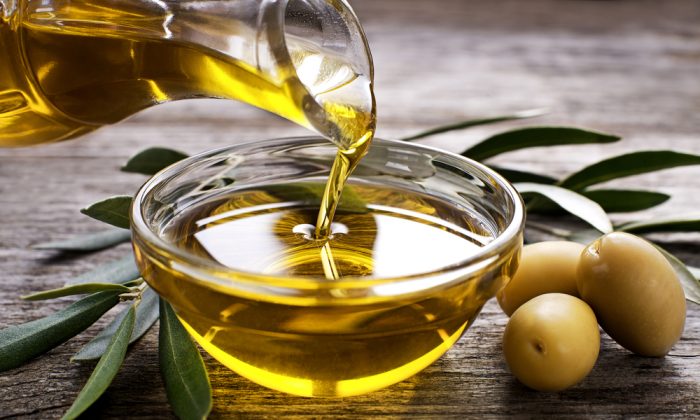
Research suggests that phenolic compounds in extra virgin olive oil (EVOO) could potentially be used as a treatment for neuroblastoma, a type of childhood cancer. However, further studies are needed to confirm these findings.
Neuroblastoma is a solid tumor that typically develops in early childhood, originating from immature nerve cells. While survival rates have improved in recent years, there is still a need for new approaches to address the post-treatment issues faced by patients.
A recent review published in Nutrients explored the potential of two phenolic compounds found in EVOO—oleuropein (OLE) and hydroxytyrosol (HT)—to prevent and treat neuroblastoma. The study found that these compounds have antioxidant properties that could protect cells from damage caused by reactive oxygen species (ROS), which are elevated in tumor cells.
Promising Results
The researchers observed that OLE and HT have demonstrated anticancer activity in various types of tumors. In neuroblastoma cell lines, these compounds showed potential in inhibiting tumor growth, inducing apoptosis, and decreasing cell survival. Animal studies also indicated that OLE and HT could help balance ROS levels and mitigate side effects of conventional cancer treatments.
Healthy Diet and Cancer Prevention
The Mediterranean diet, which includes olive oil as a key component, has long been associated with reduced cancer risk. Studies have shown that adherence to this diet can lower the risk of various cancers. The diet emphasizes fresh fruits, vegetables, whole grains, and legumes, with moderate consumption of other foods like fish, poultry, and red wine, and minimal intake of processed foods and added sugars.






